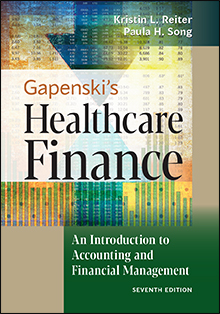The Economics of Health Reconsidered, Fifth Edition
Thomas Rice, PhD Lynn Unruh, PhD Andrew Barnes
- Digital Access: $66.00 180-Day Access on ACHE Activate
- Print: $110.00
- Textbooks
- Digital Publication
Book Description
The fifth edition of The Economics of Health Reconsidered continues to challenge the reliance on market forces to address health policy issues, and it argues instead for the value of government intervention. By critically examining economic theory as applied to the healthcare sector, the authors encourage readers to question the assumptions on which the perceived success of the competitive-healthcare-market model is based.
Like its previous editions, this thoroughly updated text focuses on how the unique characteristics of healthcare challenge the effectiveness of traditional economic remedies. Chapters explore demand and supply, as well as equity, expenditures, international comparisons, and economic evaluations. Traditional mainstream economics is discussed throughout the book, and a full chapter summarizes intermediate microeconomic theory.
This edition features the following additions and updates:
- A new chapter introducing the field of behavioral economics, including how its view of decision making compares to the view assumed by the traditional economic framework
- Evidence-based discussion of supplier-induced demand, market concentration and cost-shifting in healthcare, and the success of supply-side mechanisms in containing costs and quality
- Data on outcomes brought about by nonprofit versus for-profit healthcare providers and organizations
The theories and perspectives in The Economics of Health Reconsidered illustrate how the government plays a crucial role in making the healthcare sector more efficient.
Book Details
Order Code: 2462
ACHE Activate ISBN: 978-1-64055-522-8
Print ISBN: 978-1-64055-347-7
ePub ISBN: 978-1-64055-343-9

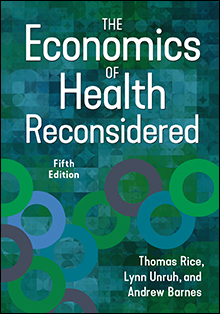

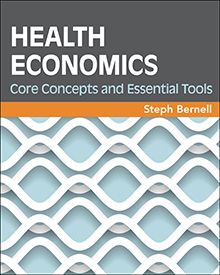

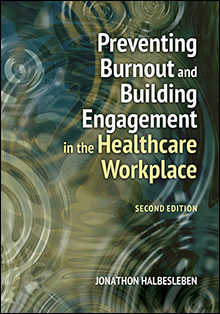
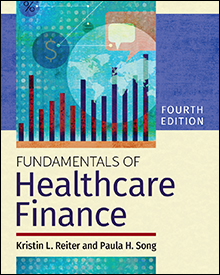

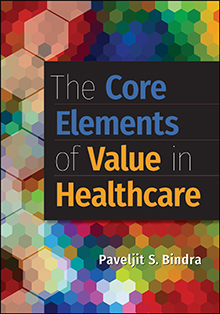
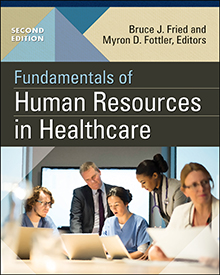
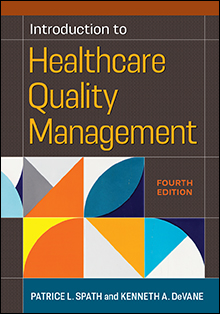
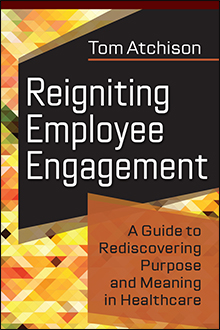

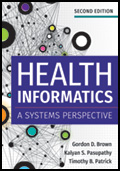
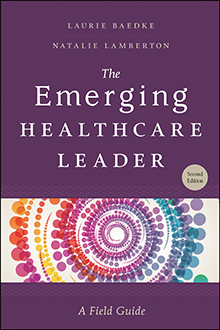
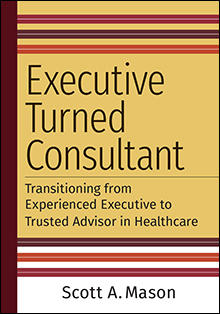
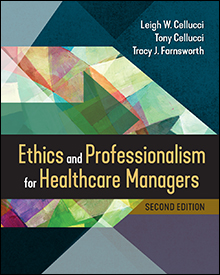
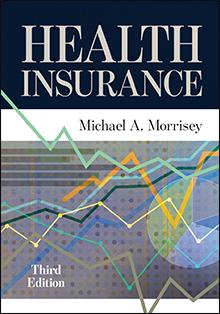
_ACHE-e64dead1.jpg?w=160)

